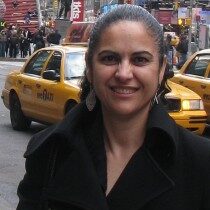
Anna Agathangelou
Anna Agathangelou is Professor in the Department of Politics at York University and teaches in the areas of international relations and women and politics. Her areas of expertise include time and temporality in global politics, the body, time and ecology, international feminist political economy, and feminist/postcolonial and decolonial thought. She is the co-director of Global Change Institute, Cyprus and was a Visiting Fellow in the Program of Science, Technology and Society at Harvard Kennedy School. She is currently involved in two multinational SSHRC (Social Sciences and Humanities Research Council, Canada) partnership research projects focusing on sexual violence and human security, global governance, and biotechnology. She has researched ethnic conflict in Cyprus, as well as reconstruction in post-conflict societies with a focus on sexual violence, displaced peoples and the missing.
Saptarishi Bandopadhyay
Saptarishi Bandopadhyay is an associate professor at Osgoode Hall Law School, a Faculty Affiliate of the Science, Technology & Society Program at Harvard University, and a Senior Fellow at Melbourne University Law School. Saptarishi holds an SJD from Harvard Law School, LLMs from Harvard Law School and American University’s Washington College of Law, and a BALLB (hons.) from the National University of Juridical Sciences, India. Saptarishi has received awards and fellowships from the Canadian Social Sciences and Research Council, the American Society for Legal History, the American Society for Environmental History, the Berkman-Klein Center for Internet and Society, Harvard University, and Brown University. His first book, All Is Well: Catastrophe and the Making of the Normal State was published by Oxford University Press in 2022. He tweets as @saptarishi_b.
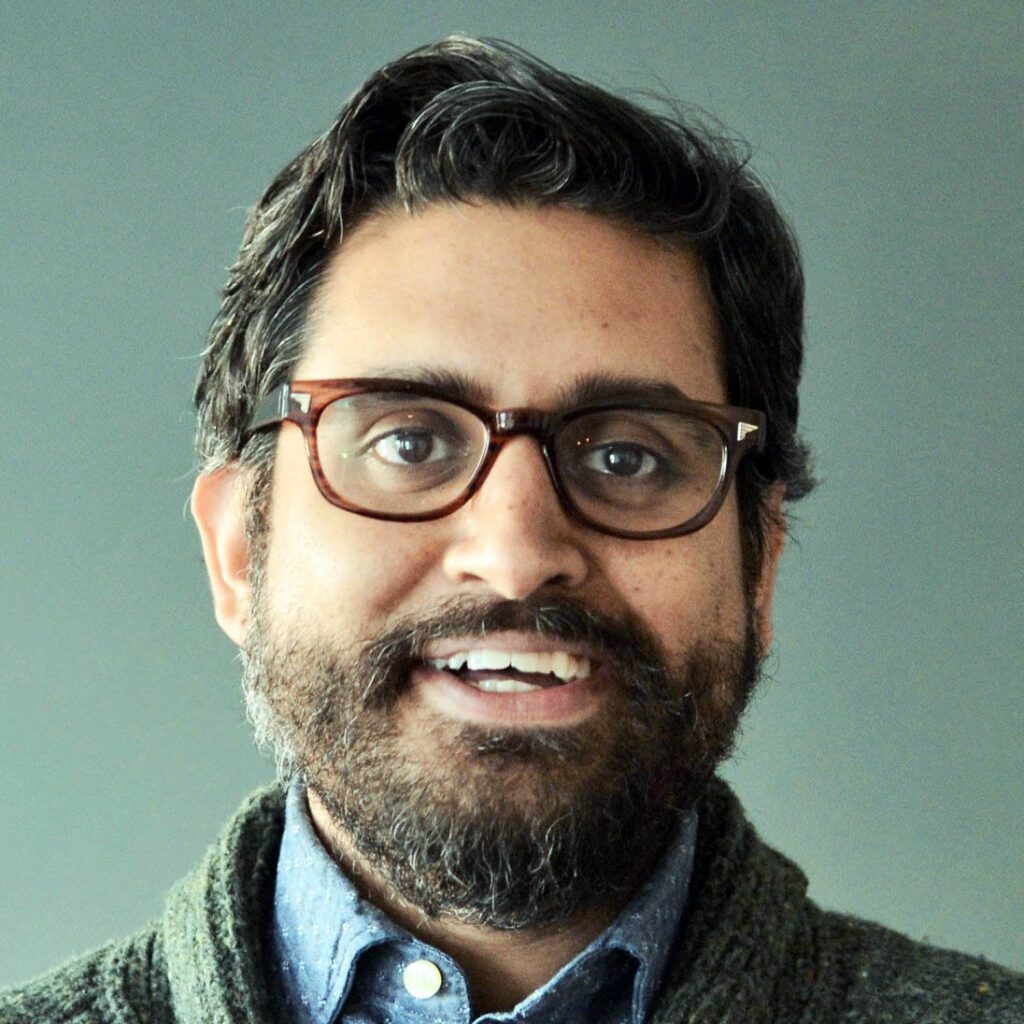
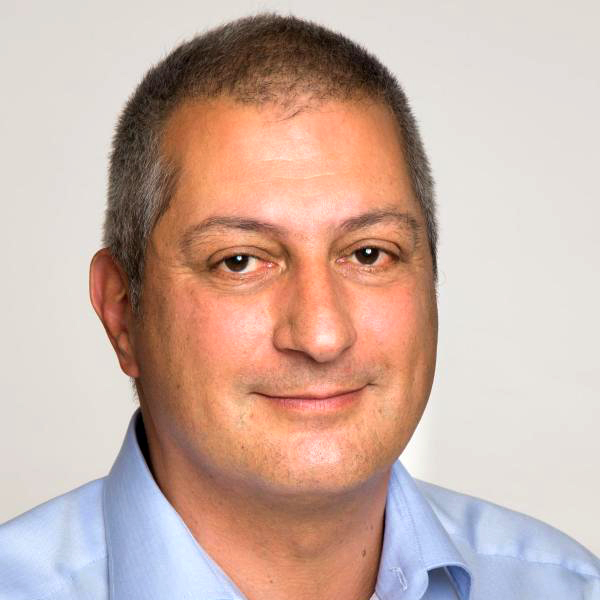
Daniel Barben
Daniel Barben is Professor of Science, Technology and Society Studies at the University of Klagenfurt, Austria. Trained in Sociology and Political Science at the Free University of Berlin, he has been engaged with STS for the past three decades, working at the Social Science Research Center Berlin, University of Technology Berlin, Aachen University, University of Wisconsin-Madison, and Arizona State University. His main research interests concern: the governance of science, technology, and innovation, e.g., on issues of security and risk, intellectual property rights, ethics, and acceptance politics; the science-policy nexus in democratic nation-states and international organizations; global challenges and un/sustainable developments; energy system transformation; climate policy and climate engineering; biotechnology and bioeconomy; and digitalization. Currently, he is co-editing a Handbook on Knowledge Politics with Edward Elgar Publishers.
Margo Boenig-Liptsin
Margarita (Margo) Boenig-Liptsin is Assistant Professor of Ethics, Technology and Society at ETH Zürich. Boenig-Liptsin is trained in the field of Science and Technology Studies and has a Ph.D. in History of Science (Harvard University) and in Philosophy (Université Paris 1-Sorbonne). Her research examines transformations to human identity, citizenship, and ethics in relation to information technologies across time and cultures. She recently completed her first book manuscript, Constitutions of the Human: Computer literacy and the making of citizens of information societies. Her current projects include: a study of the co-production of human dignity with technologies for the calculus of human worth; an investigation of sociotechnical imaginaries of justice and the digital from the 1970s to the present; building a network of scholars working on computing pasts and futures in Eastern Europe; and defining a research agenda at the intersection of STS and ethics in technological societies.
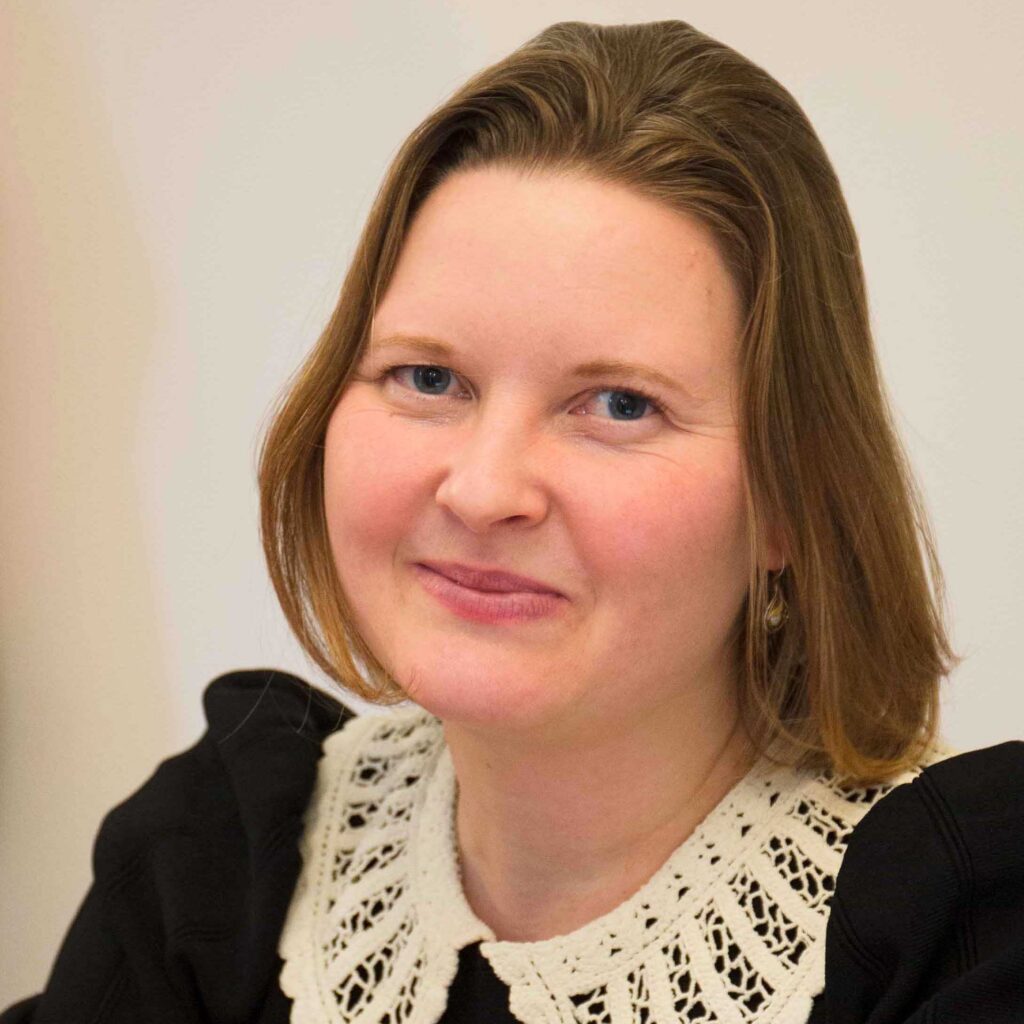
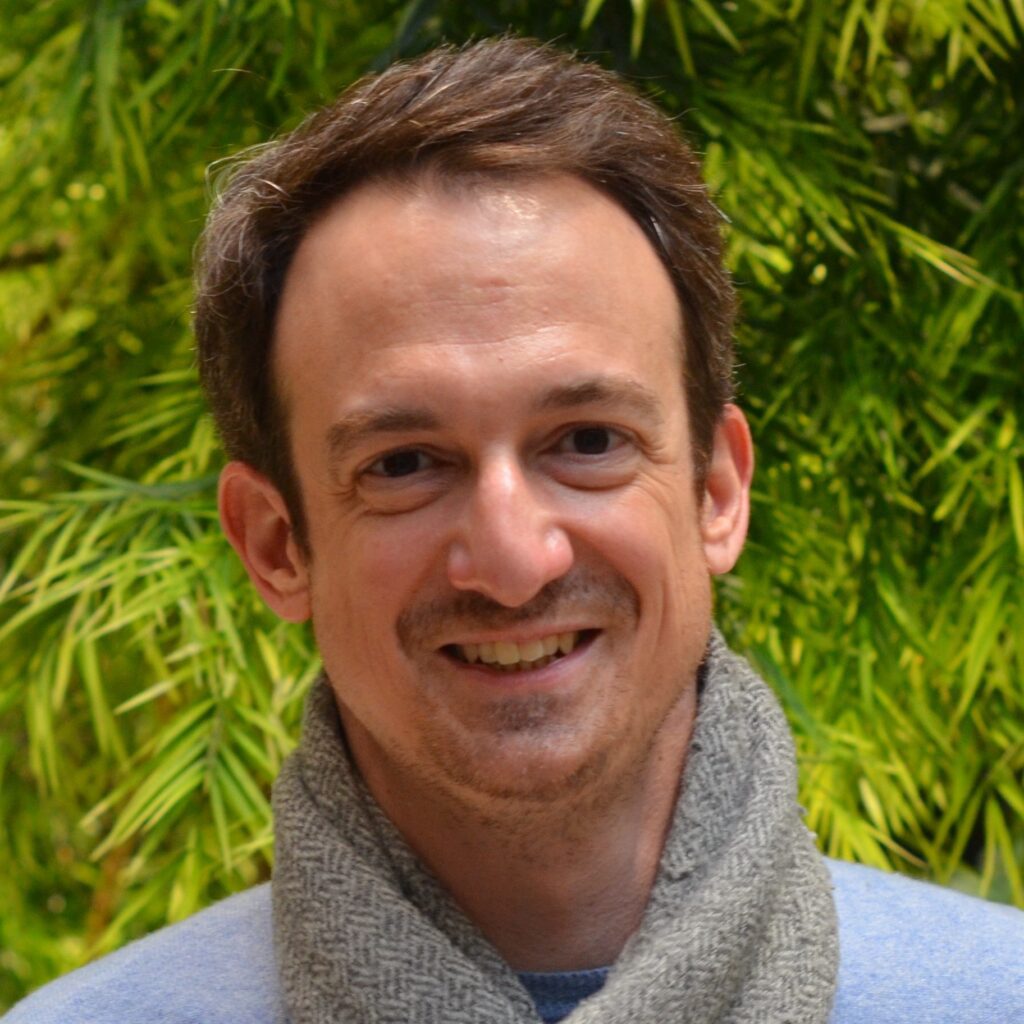
Gabriel Dorthe
Gabriel Dorthe is a postdoctoral researcher with the Project on Trust in Science at Harvard University’s STS Program. He is co-affiliated with the Research Institute for Sustainability — Helmholtz Centre Potsdam (Germany). He holds a Ph.D. in Philosophy (Université Paris I Panthéon-Sorbonne, France) and Environmental Humanities (University of Lausanne, Switzerland). His work focuses on the reception of technoscientific promises (such as solar geoengineering, human enhancement, and vaccines) by marginalized activist groups. He uses ethnographic methods to combine theoretical elaboration with thorough empirical fieldwork.
Stephen Hilgartner
Stephen Hilgartner is the Frederic J. Whiton Professor of Science and Technology Studies at Cornell University, where he studies the social and political dimensions of science and technology, especially in the life sciences. His research focuses on situations in which scientific knowledge is implicated in establishing, contesting, and maintaining social order — a theme he has examined in studies of expertise, property formation, risk disputes, and biotechnology. His most recent monograph, Reordering Life: Knowledge and Control in the Genomics Revolution (MIT Press, 2017), examines how new knowledge and new regimes of control took shape during the Human Genome Project. Hilgartner’s book on science advice—Science on Stage: Expert Advice as Public Drama—won the Rachel Carson Prize from the Society for Social Studies of Science. He is a co-editor of Science & Democracy: Making Knowledge and Making Power in the Biosciences and Beyond (Routledge, 2015) and Handbook of Genomics, Health and Society (Routledge, 2018).

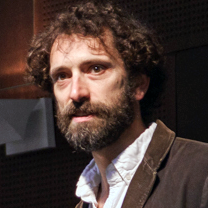
J. Benjamin Hurlbut
J. Benjamin Hurlbut is Associate Professor of Biology and Society in the School of Life Sciences at Arizona State University. He is trained in Science and Technology Studies with a focus on the history of the modern biomedical and life sciences. Hurlbut studies the changing relationships between science, politics and law in the governance of biomedical research and innovation, examining the interplay of science and technology with notions of democracy, religious and moral pluralism, and public reason. He is the author of Experiments in Democracy: Human Embryo Research and the Politics of Bioethics (Columbia University Press, 2017) and co-editor of Perfecting Human Futures: Transhuman Visions and Technological Imaginations (2016), as well as author of numerous articles and book chapters. He received a Ph.D. in the History of Science from Harvard University and was a postdoctoral fellow in the Program on Science, Technology and Society at Harvard Kennedy School.
Sheila Jasanoff
Sheila Jasanoff is Pforzheimer Professor of Science and Technology Studies at the John F. Kennedy School of Government at Harvard University. Previously, she was Professor of Science Policy and Law at Cornell University and founding chair of Cornell’s Department of Science and Technology Studies. At Harvard, she founded and directs the Kennedy School’s Program on Science, Technology and Society (STS). In 2002, she founded the Science and Democracy Network, an international community of STS scholars dedicated to improving scholarly understanding of the relationships among science, technology, law, and political power. Jasanoff has been a pioneer in building the field of Science and Technology Studies (STS) and shaping its research trajectories. Her writings on law and science, risk management, the comparative politics of regulation, and science in environmental decisionmaking count as basic texts in these fields.
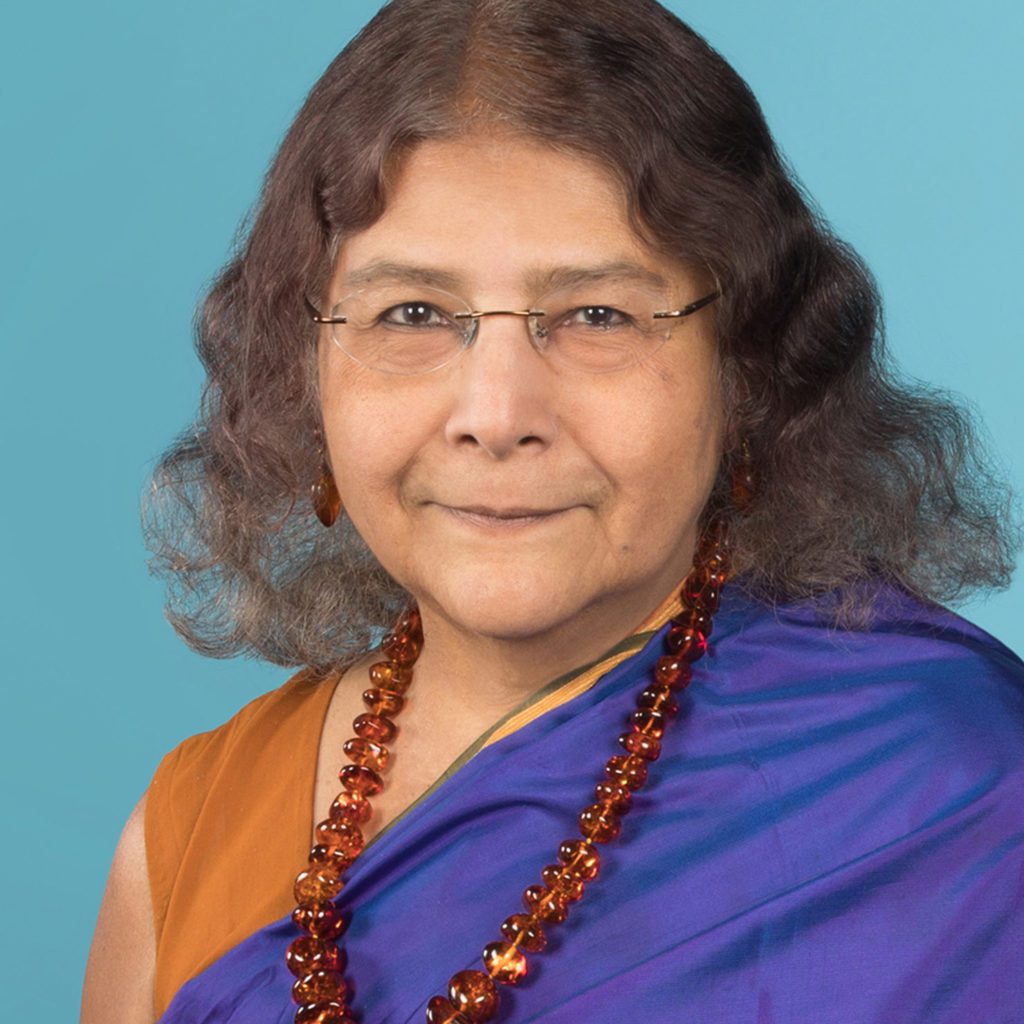
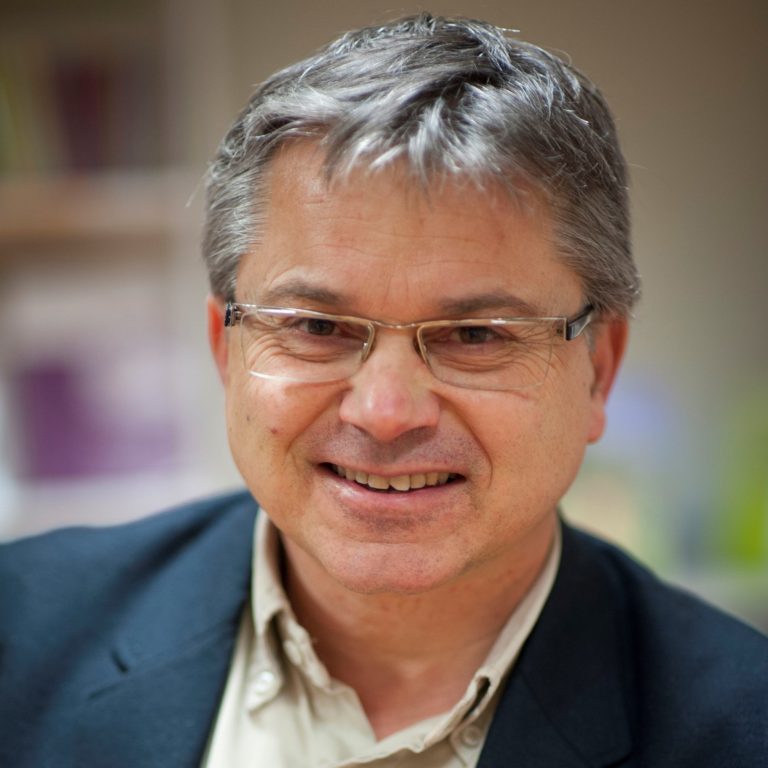
Pierre-Benoît Joly
Pierre-Benoît Joly, an STS scholar, is director of research at the National Institute of Research for Agriculture, Food and Environment (INRAE) in France. He was director of the IFRIS and Labex (Laboratory of Excellence) SITES from 2009 to 2014, and the founding director of LISIS, a research unit based at Université Paris Est from 2015 to 2019. Since January 2020, he is Chair of the INRAE Center Occitanie-Toulouse. His research is devoted to the study of co-production of knowledge and social order. Drawing on empirical studies of interactions between science, democracy and the market, his aim is to analyze the contemporary transformations of the scientific public sphere and new modes of governance of innovation and risk. Most recently, he has focused on the study of the economy of technoscientific promises and on transformations of innovation processes and innovation policies. Joly has published six books, coordinated four special issues of journals, and contributed more than 120 articles or book chapters. He has lectured in various higher education organizations, including the Ecole des Hautes Etudes en Sciences Sociales (EHESS) and Sciences Po. He is a member of the French Academy of Agriculture, and of the French Academy of Technology.
Başak Kuş
Başak Kuş (Ph.D., UC Berkeley) is an Associate Professor of Government at Wesleyan University, and Editor of Socio-Economic Review. Her research aims to understand how governments tackle crises and risks in a variety of areas. She has published numerous articles about economic crises, welfare reform, state-labor union relations, politics of inequality, and sociology of debt. She has recently completed a book manuscript exploring the state-finance relationship in the US since the 1970s (to be released in spring 2024). She is presently investigating governmental responses to the climate crisis while also overseeing the editing of a special issue on “Greening the Economy” in the journal Regulation & Governance, following her co-organizing of an international conference on this topic in Berlin.

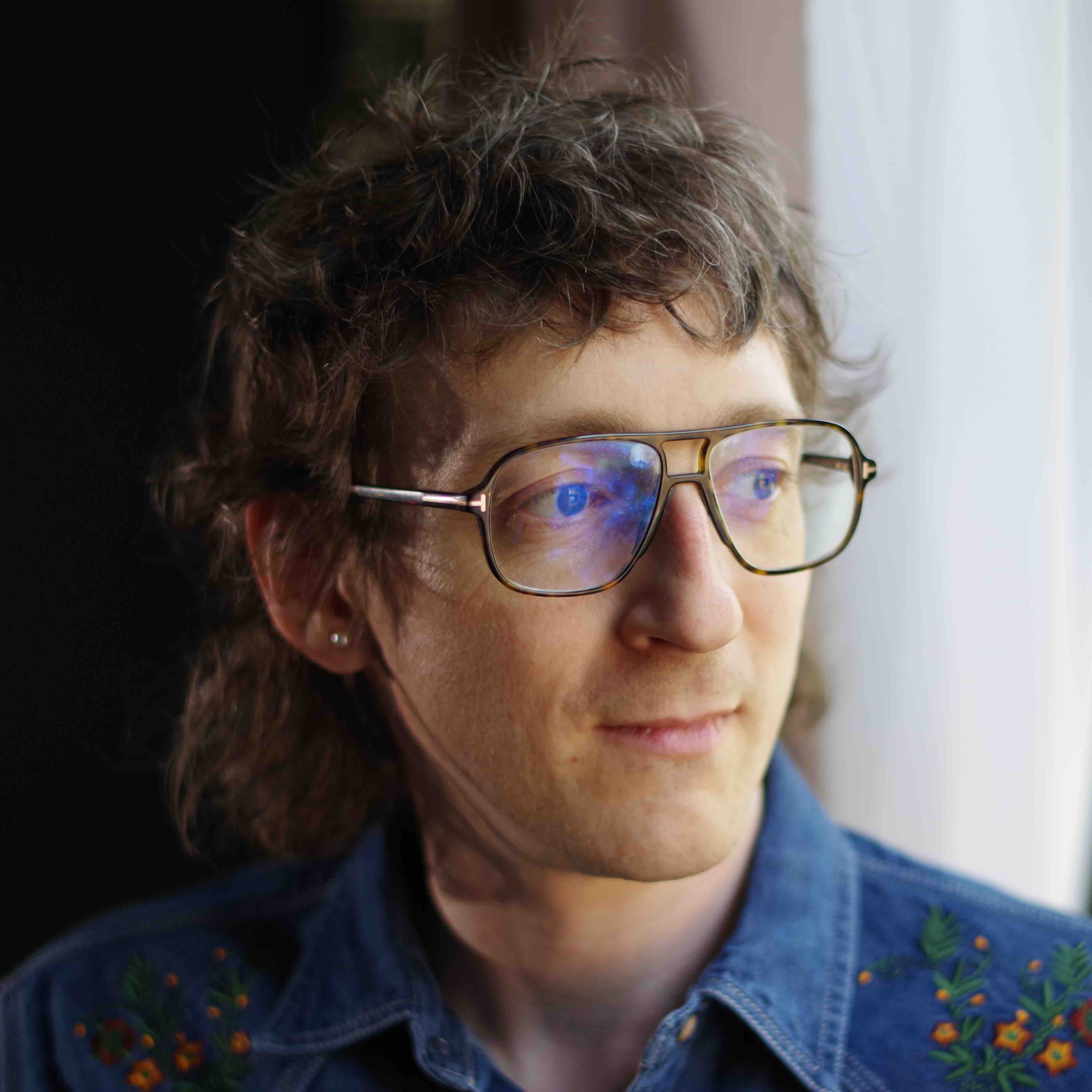
Adam Leeds
Adam Leeds is Assistant Professor of Slavic Languages and Literatures at Columbia University, where he is affiliated with the Center for Science and Society, the Institute for Contemporary Literature and Society, and the Harriman Institute for Russian, Eurasian and East European Studies. He holds a PhD in Anthropology from the University of Pennsylvania and was a fellow at the Harvard Academy for International and Area Studies. His work is concerned with political rationalities and technologies of rule. His current project is a history of the economists of Russia from the advent to the end of the Soviet Union. The genealogy of Russian economics reveals a point of emergence and elaboration for alternative liberalisms and socialisms that illuminate both the limits and fecundity of the modern political imaginary. More broadly his work is concerned with how it came to pass and what it means that in modern times the art of politics co-exists alongside the science of economics, that the polity is reduplicated by the economy.
Jonathan Moch
Jonathan Moch is a Science and Technology Advisor in the U.S. Department of State’s Office of Global Change and with the Office of the Special Presidential Envoy for Climate. His expertise and work experience span the science and policy of climate, air pollution, decarbonization and energy technologies, and public health. Prior to his appointment at the State Department, Jonathan was a postdoctoral fellow at Harvard with a joint appointment in the John A. Paulson School of Engineering and Applied Sciences, the T.H. Chan School of Public Health, and the Harvard Kennedy School. Jonathan holds a Ph.D. in Earth and Planetary Sciences with a Secondary Field in Science, Technology, and Society and a S.M. in Environmental Science and Engineering from Harvard University.

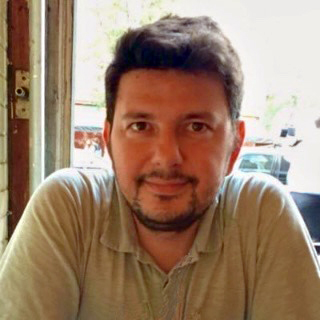
Onur Özgöde
Onur Özgöde is an economic sociologist working at the intersection of STS, American political development, and the global political economy. Onur received his Ph.D. from Columbia University and is currently Assistant Professor of Public Policy in the Department of Political Science and Public Administration at Bilkent University in Turkey. Since July 2020, he has been a Senior Fellow at Harvard STS, helping lead the Comparative Covid Response: Crisis, Knowledge, Policy (CompCoRe) project. His work examines the governance of socio-economic problems that cannot be managed through markets such as systemic risk in finance and the climate crisis. His first book, Fractals of Governance: The Emergence of Systemic Risk as a Limit of Macroeconomic Government, 1913–2010 (MIT Press forthcoming), traces the genesis of the US macroeconomic state. His work has appeared in journals such as Socio-Economic Review and History of Political Economy. Onur has a background in operations research and economics.
Sebastian Pfotenhauer
Sebastian Pfotenhauer is Carl von Linde Professor of Innovation Research and Head of the Department of Science, Technology and Society (STS) at the Technical University of Munich (TUM). He studies innovation cultures, the inequalities and political economies of innovation, the governance of emerging technologies, and responsible innovation practices. Sebastian currently serves as coordinator of the Munich Cluster for the Future of Mobility in Metropolitan Regions (M Cube), a EUR 50 Million flagship initiative on sustainable mobility innovation funded by the German Ministry of Education and Research. He was also the coordinator of the EU-Horizon2020 project SCALINGS (“Scaling up co-creation: Avenues and Limits for Integrating Society in Science and Innovation”) – a EUR 4 Million European project investigating the use of new collaborative innovation formats such as living labs and pre-commercial procurement in robotics, autonomous driving, and urban energy systems. At TUM, he serves as academic director for the Master’s program RESET (“Responsibility in Science, Engineering and Technology”). Before joining TUM, Sebastian was a research scientist and lecturer with MIT’s Technology & Policy Program, as well as a fellow at the Harvard Program on Science, Technology and Society. His work has appeared in Social Studies of Science, Research Policy, Nature, Science Technology & Human Values, and the OECD Science, Technology and Innovation Outlook. He regularly serves as consultant to governments and international organizations.

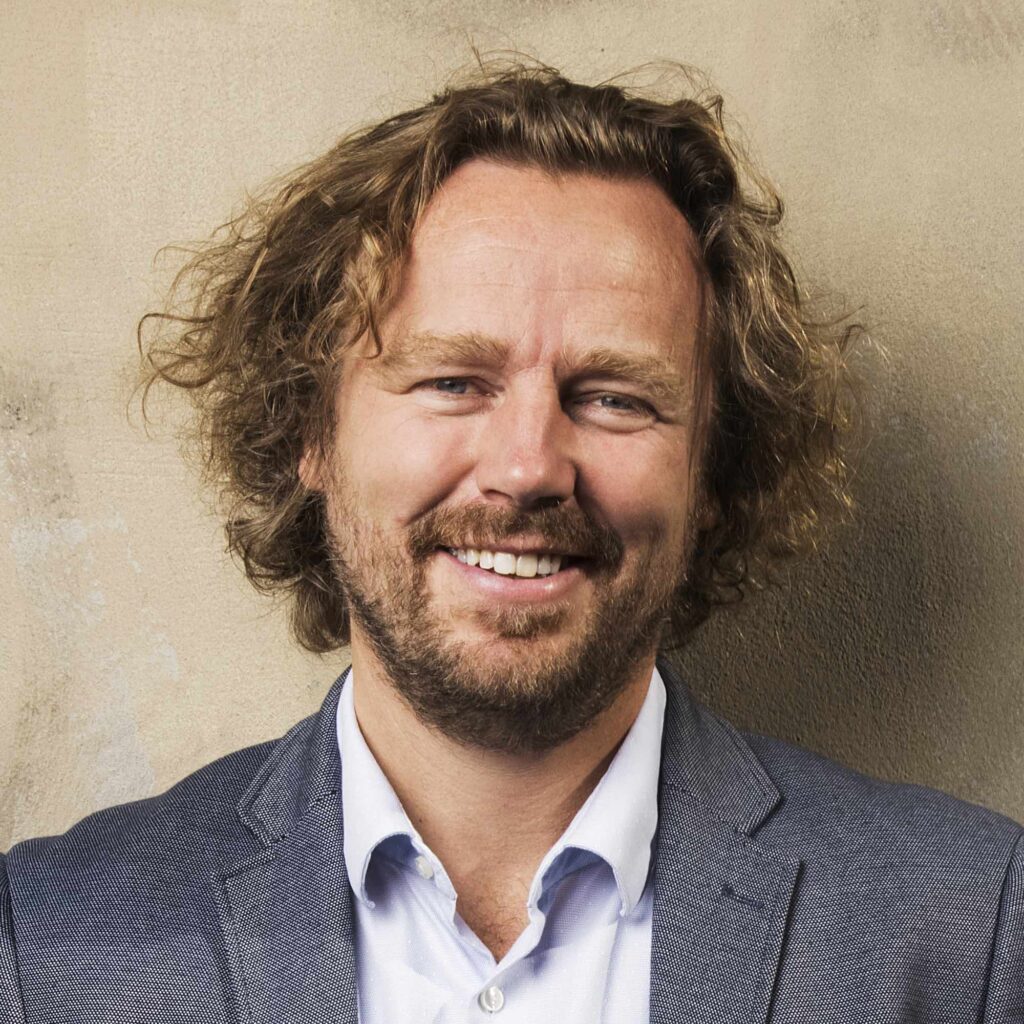
Søren Riis
Søren Riis is Associate Professor of Philosophy and Science Studies at Roskilde University, Denmark, and holds a Ph.D. from Albert-Ludwigs-Universität Freiburg, Germany. Riis focuses on integrating insights and methods from continental philosophy and philosophy of technology with Science and Technology Studies (STS) and is interested in inquiring into a wide variety of modern artifacts, their consequences and different modes of being. He has published in Continental Philosophy Review, Social Studies of Science, Foundation of Science and has co-authored the Oxford Bibliographies Online entry on philosophy of technology. Riis is a board member of Danish STS (DASTS) and The Society of Philosophy in Denmark, and he also works on the editorial board of the Springer journal Philosophy and Technology. Riis has been a visiting scholar at Harvard University, Exeter University, Stony Brook University, and DAAD-research fellow at Rio de Janeiro State University.
Krishanu Saha
Krishanu “Kris” Saha (he/him) is an Associate Professor of Biomedical Engineering, Pediatrics, and Medical History and Bioethics at the University of Wisconsin-Madison. He is the Director of the CRISPR Vision Program and McPherson Eye Research Institute’s Retina Research Foundation Kathryn and Latimer Murfee Chair. He also co-direct the Global Observatory on Genome Editing. His lab is a member of the Wisconsin Institute for Discovery (WID), Stem Cell and Regenerative Medicine Center, Robert F. Holtz Center on Science and Technology Studies, and Forward Bio Institute. Before he arrived in Madison, Dr. Saha studied chemical engineering and biotechnology at Cornell University, the University of Cambridge, and the University of California, Berkeley. In 2007 he became a Society in Science: Branco-Weiss fellow in the laboratory of Professor Rudolf Jaenisch at the Whitehead Institute for Biomedical Research at MIT and in the Science and Technology Studies program at Harvard University with Professor Sheila Jasanoff in Cambridge, Massachusetts. At UW-Madison, major thrusts of his lab involve gene editing and cell engineering of human cells found in the retina, central nervous system, and blood. He has published more than 90 scientific manuscripts, filed several patents, and received awards that include the National Science Foundation CAREER Award, Biomedical Engineering Society’s Rising Star Award, and Gund Harrington Scholar Award. He is the leader of the gene therapy biomanufacturing impact area of the Grainger Institute for Engineering and a member of the National Academies’ Forum on Regenerative Medicine, the National Science Foundation’s Center for Cell Manufacturing Technologies (CMaT), and the National Institutes for Health’s Somatic Cell Genome Editing (SCGE) Consortium.
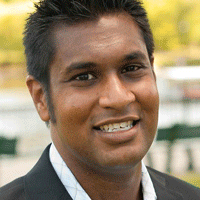
Stefan Schäfer
Stefan Schäfer is a research group leader at the Research Institute for Sustainability in Potsdam, Germany and teaches at Humboldt University Berlin. He investigates the political, ethical, and epistemological dimensions of new planetary sciences and technologies, with focus on questions of societal uptake and reception, responsible research, and time and future making. Stefan maintains fellowships with the Program on Science, Technology and Society at Harvard Kennedy School and the University of Oxford’s Institute for Science, Innovation and Society. He studied Political Science, History and Philosophy at the University of Tübingen and Cornell University and holds a Ph.D. in International Relations from Freie Universität Berlin. As a member of LiCo collective, he makes films, essays, and installations that examine past and future choreographies of environmental and mental life.


Kasper Schiølin
Kasper Schiølin is an assistant professor at the Department of Digital Design and Information Studies at Aarhus University, where he currently leads the research project “The Making of European Ethics of Artificial Intelligence.” Before joining Aarhus, he was a fellow with the Program on Science, Technology and Society at Harvard Kennedy School. His dissertation explored the philosophical roots of techno-optimism and techno-pessimism, and his current research focuses on how new technologies, particularly AI, shape and are shaped by styles of public reasoning, institutional infrastructures and changing conceptions of the good life. Kasper has published a number of articles and books at the intersection of STS, philosophy, intellectual history and literature, including an edited volume with Søren Riis, Nye spørgsmål om teknikken [New Questions Concerning Technology] (Aarhus University Press, 2013) and an introductory book Teknologi [Technology] (Aarhus University Press, 2016).
Melanie Smallman
Melanie Smallman is Associate Professor in Science and Technology Studies at UCL, Co-Director of the UCL Hub for Responsible Research and Innovation, and a Fellow at the Alan Turing Institute. Melanie’s research focuses on how responsibility and ethics are understood and enacted in research and technology development, and how these issues affect public perceptions and social acceptance of technologies. Specifically, she is interested in the role of technologies in increasing inequality and how these wider social impacts can be taken account of within ethical frameworks. Previously, Melanie ran the science policy and communication consultancy Think-Lab and spent eight years as an adviser in the UK Government. She is a former Fellow in the Program on Science, Technology and Society at Harvard Kennedy School. She holds a Ph.D. in Science and Technology Studies from UCL.

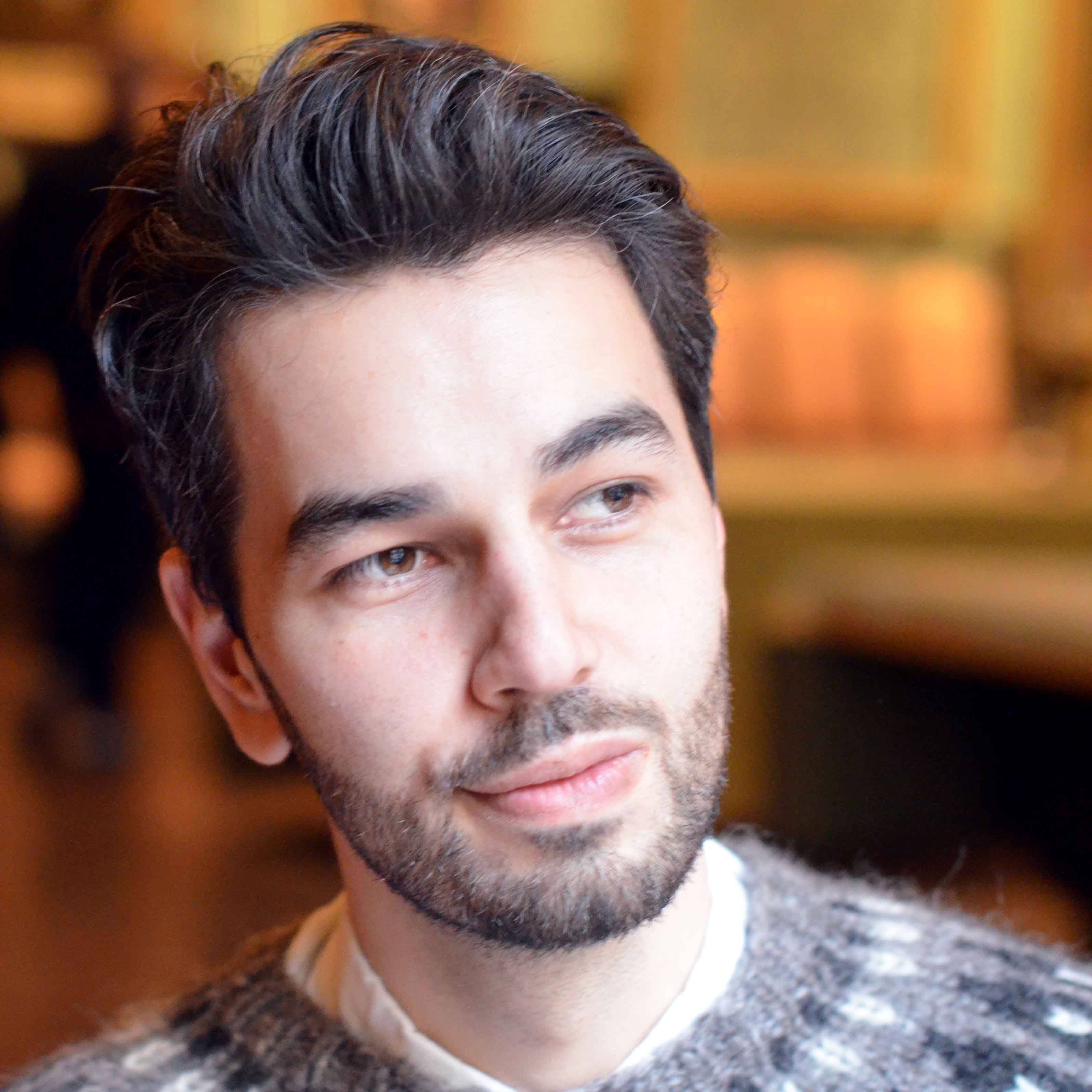
Makoto Takahashi
Makoto Takahashi is the incoming Assistant Professor of Transdisciplinary STS at VU Amsterdam. His core interests concern how societies come to understand technological risks and how they decide who can credibly inform policy. He received his B.A., M.Phil., and Ph.D. degrees from the University of Cambridge. His thesis examined how expert authority is claimed and contested in conditions of low public trust and won the American Association of Geographers’ (AAG) Jacques May Thesis Prize. The research for his dissertation involved extensive ethnographic fieldwork conducted in Japan following the 2011 Fukushima Daiichi nuclear power plant disaster. Committed to extending his work outside the bounds of conventional scholarship, Makoto takes active interests in policy and public engagement: currently he is the lead curator of the Picturing the Invisible exhibition, which has been shown at the Royal Geographical Society (2021), TUM (2022), and Heong Gallery (2023) and won EASST’s 2022 Ziman Award. Makoto has worked in the Program on Science, Technology and Society at Harvard Kennedy School as a Fulbright-Lloyd’s Fellow. While completing a Postdoc at the Department of STS at the Technical University of Munich, Makoto has also held Visiting Fellowships at both Waseda (Tokyo) and Aarhus (Denmark) universities.
Instructors and faculty really cared about interacting with students. Many senior scholars were present throughout the entire week and took students’ ideas and thoughts very seriously. Everyone was easy to approach and status differences were leveled to an extent I had not imagined to be possible before coming here.
– 2022 Participant


